FREE WEBINAR SERIES
Building on Strengths
FASD Family Capacity Building Workshop
MARCH 11 – 30, 2020
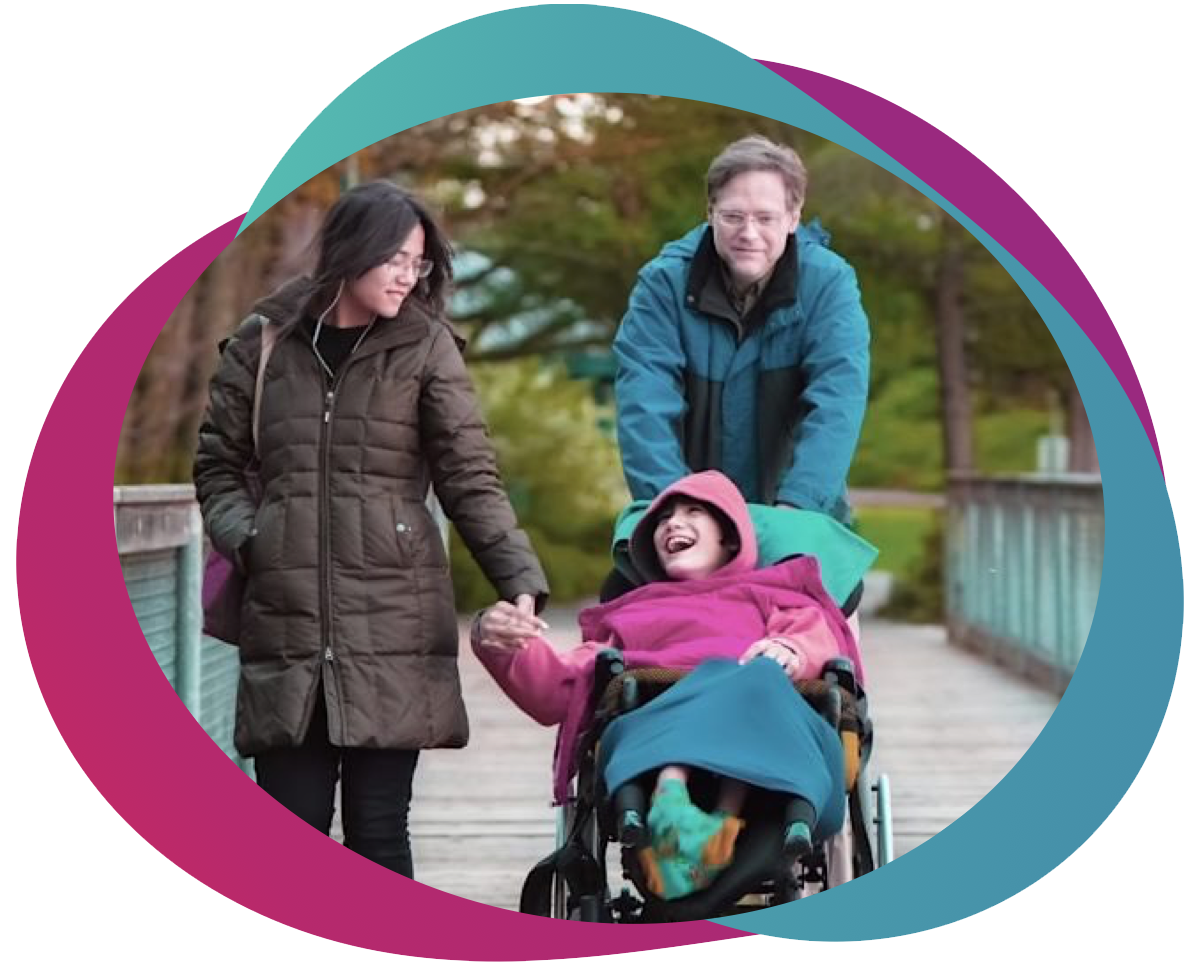
Fetal Alcohol Spectrum Disorder (FASD) is a diagnostic term describing the impacts on the brain and body of individuals prenatally exposed to alcohol. FASD is a lifelong disability and individuals may experience some challenges in their physical, mental, learning, behavioural and/or social skill.
The Coordinated Service Planning Provincial (CSP) Network is hosting interactive online workshops to help caregivers across Ontario increase their knowledge and practical skills to support children and youth with FASD. Each workshop features FASD workers from one of the five Ministry of Children, Community and Social Services (MCCSS) regions. One session is held in French.
Notes to Registrants
All events are open to everyone, but we encourage caregivers to register for events specific to their region or community to connect directly to participating local service providers. Counties for each region are listed in the event descriptions.
Webinar Series Details
Supporting Your Child with FASD
MARCH 9, 2021
10:00 A.M. – 12:30 P.M. (EDT)
WESTERN REGION – Chatham-Kent, Huron Perth/London Middlesex/Elgin, Oxford, Brant, Hamilton, St. Catherines, Haldimand-Norfold, Grey Bruce, Windsor Essex, Sarnia-Lambton
PRESENTED BY ERIC MARIER, CO-FACILITATED BY SHERRY BALL, JULIE WELCH, LYNDSEY CAMPBELL & LINDA MCFADYEN
FASD workers Eric Marier, Sherry Ball, Julie Welch, Lindsey Campbell and Linda McFadyen will present information about the ten brain domains that may be affected by FASD. During breakout sessions, caregivers will discuss scenarios based on common challenges, examine how these challenges relate to the ten brain domains and learn positive responses to these challenges. The discussion will also explain how to identify symptoms of FASD, provide recommendations for support and help families see the benefits of focusing on their child’s strengths. This event is will feature content relevant to residents of Western Ontario, including Chatham-Kent, Huron Perth/London Middlesex/Elgin, Oxford, Brant, Hamilton, St. Catherines, Haldimand-Norfolk, Grey Bruce, and Windsor Essex.
Supporting Your Child with FASD
MARCH 11, 2021
10:00 A.M. – 12:30 P.M. (EDT)
TORONTO REGION
PRESENTED BY ERIC MARIER, CO-FACILITATED BY MEAGAN BLUNT, ANN LINDSAY
FASD workers Eric Marier and Meagan Blunt will present information about the ten brain domains that may be affected by FASD. During breakout sessions, caregivers will discuss scenarios based on common challenges, examine how these challenges relate to the ten brain domains and learn positive responses to these challenges. The discussion will also explain how to identify symptoms of FASD, provide recommendations for support and help families see the benefits of focusing on their child’s strengths. This event will feature content relevant to residents of Toronto.
Soutenir votre enfant atteint de TSAF – Un atelier pour les families
18 MARS 2021
10H00 A.M. – 12H30 P.M. (HNE)
FRENCH EVENT – Atelier en français: Partout en Ontario – Session menée en français accessible à tous
PRESENTED BY ERIC MARIER
Eric Marier présentera des informations sur les 10 domaines cérébraux susceptibles d’être affectés par TSAF. La session promet d’être interactive avec des séances en petits groupes pour que les familles travaillent à travers des scénarios autour de défis communs pour qu’elles voient comment ces défis sont liés aux 10 domaines du cerveau et comment ils peuvent, en tant que soignants, répondre à ces défis. La discussion permettra également de comprendre comment identifier les symptômes de TSAF, fournir des recommandations de soutien et aider les familles à voir les avantages de se concentrer sur les forces de leur enfant.
Supporting Your Child with FASD
MARCH 23, 2021
10:00 A.M. – 12:30 P.M. (EDT)
CENTRAL REGION – Simcoe, York, Dufferin, Wellington, Peel, Halton, Waterloo
PRESENTED BY ERIC MARIER, CO-FACILITATED BY TARA LESKEY, MEERA SIDHU, JENNIE HILTS, GINNY FAZARI & JENNA RIMMERED
FASD workers Eric Marier, Tara Leskey, Meera Sidhu, Jennie Hilts, Ginny Fazari and Jenna Rimmer will present information about the ten brain domains that may be affected by FASD. During breakout sessions, caregivers will discuss scenarios based on common challenges, examine how these challenges relate to the ten brain domains and learn positive responses to these challenges. The discussion will also explain how to identify symptoms of FASD, provide recommendations for support and help families see the benefits of focusing on their child’s strengths. This event will feature content relevant to residents of Central Ontario, including Simcoe, York, Dufferin, Wellington, Peel, Halton and Waterloo.
Supporting Your Child with FASD
MARCH 25, 2021
10:00 A.M. – 12:30 P.M. (EDT)
EASTERN REGION – Ottawa/Prescott-Russell/Stormont, Dundas, Glengarry, Renfrew, Haliburton, Kawartha Lakes, Peterborough, Kingston, Frontenac, Lennox, Addington, Hastings, Prince Edward, Northumberland, Durham
PRESENTED BY ERIC MARIER, CO-FACILITATED BY DAWN MILLER, VICTORIA GILLAN
FASD workers Eric Marier, Dawn Miller and Victoria Gillan will present information about the ten brain domains that may be affected by FASD. During breakout sessions, caregivers will discuss scenarios based on common challenges, examine how these challenges relate to the ten brain domains and learn positive responses to these challenges. The discussion will also explain how to identify symptoms of FASD, provide recommendations for support and help families see the benefits of focusing on their child’s strengths. This event will feature content relevant to residents of Eastern Ontario, including Ottawa/Prescott-Russell/Stormont, Dundas, Glengarry, Renfrew, Haliburton, Kawartha Lakes, Peterborough, Kingston, Frontenac, Lennox, Addington, Hastings, Prince Edward and Northumberland.
Supporting Your Child with FASD
MARCH 25, 2021
11:00 P.M. – 3:30 P.M. (EDT)
INDIGENOUS COMMUNITY – Ontario Wide – This session is suited for caregivers who identify as Indigenous anywhere in the province
PRESENTED BY ERIC MARIER, CO-FACILITATED BY RANDY WHITE/KEBEYAAWSUNG, CHRYSTA WOOD, KIM STEWART, CEREENA ROWS AND LIANE GUENETTE
FASD workers Eric Marier, Randy White/ Kebeyaawsung, Chrysta Wood, Kim Stewart, Cereena Rows and Liane Guenette will present information about the ten brain domains that may be affected by FASD. During breakout sessions, caregivers will discuss scenarios based on common challenges, examine how these challenges relate to the ten brain domains and learn positive responses to these challenges. The discussion will also explain how to identify symptoms of FASD, provide recommendations for support and help families see the benefits of focusing on their child’s strengths. This event will feature content relevant to the broader indigenous community of Ontario.
Supporting Your Child with FASD
MARCH 30, 2021
10:00 A.M. – 12:30 P.M. (EDT)
NORTHERN REGION – Thunder Bay, Greater Sudbury-Grand Sudbury, Manitoulin, Sudbury, Cochrane Temiskaming, Kenora, Rainy River, James Bay Coast, Nippising, Parry Sound, Muskoka, Algoma
PRESENTED BY ERIC MARIER, CO-FACILITATED BY RANDY WHITE/KEBEYAAWSUNG, CHRYSTA WOOD, KIM STEWART, CEREENA ROWS, LIANE GUENETTE AND KIM STEWART
FASD workers Eric Marier, Randy White/Kebeyaawsung, Chrysta Wood, Cereena Rows, Liane Guenette, and Kim Stewart will present information about the ten brain domains that may be affected by FASD. During breakout sessions, caregivers will discuss scenarios based on common challenges, examine how these challenges relate to the ten brain domains and learn positive responses to these challenges. The discussion will also explain how to identify symptoms of FASD, provide recommendations for support and help families see the benefits of focusing on their child’s strengths. This event will feature content relevant to residents of Northern Ontario, including Thunder Bay, Greater Sudbury-Grand Sudbury, Manitoulin, Sudbury, Cochrane Temiskaming, Kenora, Rainy River, James Bay Coast, Nipissing, Parry Sound, Muskoka and Algoma.
Presenters
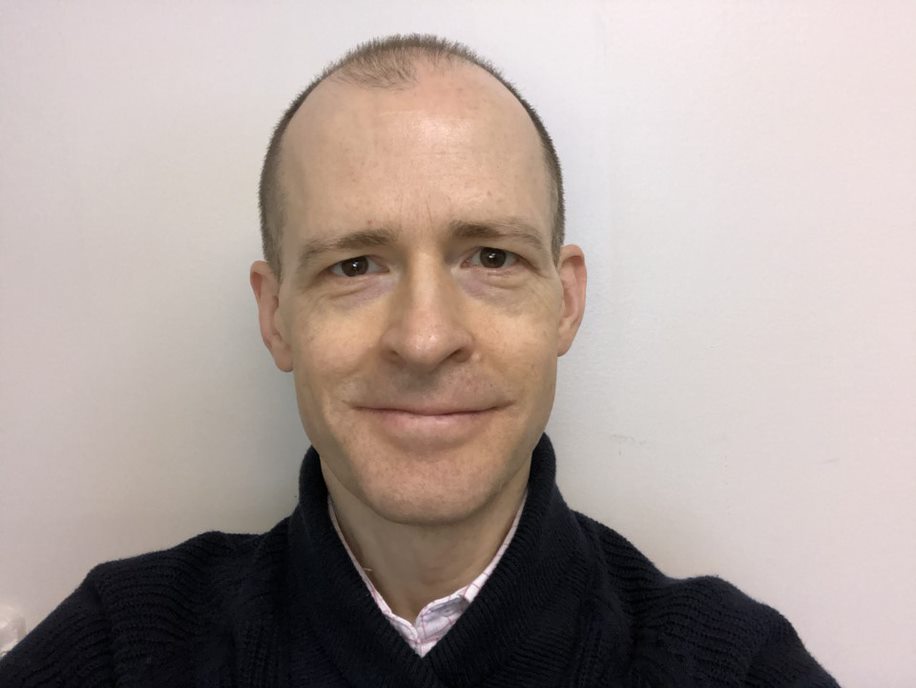
Eric Marier – Keynote Speaker/Conférencier principal
Eric Marier has worked at Surrey Place since 2009, first as an ABA therapist working with children and youth with autism, then as an intake worker/parent trainer, teaching programs such as ImPACT, Triple P – Stepping Stones, and Triple P – Teen. In 2019, he began working as the FASD worker for Toronto, and in 2020, he began his current secondment to the Scarborough Health Network as their FASD diagnostic clinic coordinator. Eric co-facilitates 2 workshops which run regularly at Surrey Place: An Introduction to FASD, and FASD Strategies for Caregivers.
Eric Marier travaille à Surrey Place depuis 2009. Il a d’abord été thérapeute pour les services d’ACA (Autisme Toronto), puis agent d’accueil / formateur de parents et enseignant de programmes tels que ImPACT, Triple P – Stepping Stones et Triple P – Teen. En 2019, il commence à travailler pour le programme TSAF de Toronto (Trouble du Spectre de l’Alcoolisation Fœtale) et depuis 2020 il est affecté au Réseau de Santé de Scarborough en tant que coordonnateur de la clinique de diagnostic du TSAF. Eric coanime aussi 2 ateliers qui se déroulent régulièrement à Surrey Place: ‘Introduction au TSAF’ et ‘Stratégies au sujet du TSAF pour les aidants’.
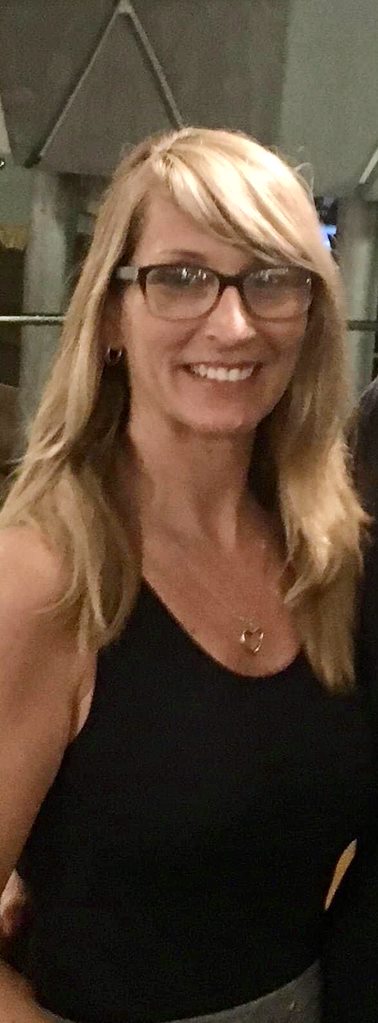
Sherry Ball
Sherry Ball is an FASD Service Coordinator with the Community Services Coordination Network and has over fifteen years of experience working in the field. She likes being able to help families understand FASD and navigate the services and supports they need to live with FASD. Educating community partners in FASD informed practice and avidly promoting FASD awareness in our communities are working goals that help to motivate Sherry in her role as an FASD worker.

Lyndsey Campbell
Lyndsey Campbell is an FASD Coordinator with Contact Brant and she has been an FASD worker since October 2020. Very new to this role, Lyndsey is enjoying the endless learning opportunities, collaborating along side a wonderful mentor and taking on new challenges. Her goal is to continue to expand her knowledge and understanding in order to support children, youth and families through an FASD informed lens.
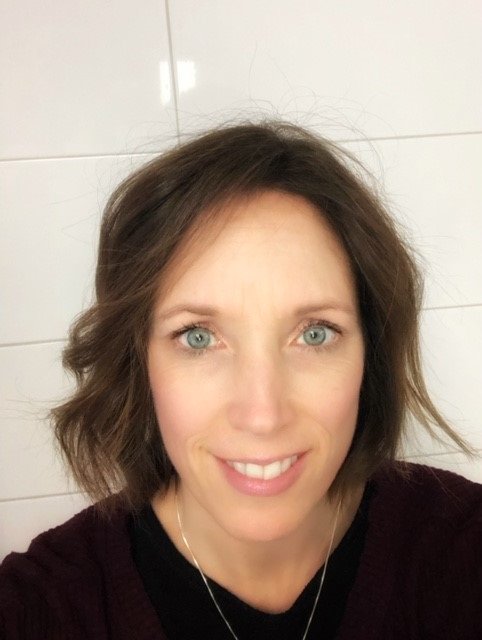
Meagan Blunt
Meagan was previously a member of the FASD diagnostic team before this role was designated by the Ministry and has since been working in the role of FASD Worker for a year now. Prior to taking on this post, she has been a service coordinator in the field of disabilities for over 15 years. To Meagan, being an FASD Worker enables her to meet and support families along their journey to getting a diagnosis, accessing supports, and helping them gain a better understanding of FASD. Meagan co-facilitates 2 workshops which run regularly at Surrey Place: An Introduction to FASD, and FASD Strategies for Caregivers.

Ginny Fazari
Ginny Fazari has been an FASD worker for five years and works with the Reach Out Centre for Kids (ROCK) as an FASD Consultant. What Ginny likes the most about working as an FASD Consultant is the resiliency, creativity, and dedication of the caregivers who are committed to doing the best that they possibly can to meet the needs of these very complex children. She has learned so much and has nothing but the deepest respect and admiration for them. Her goal is to continue to work within the systems of care to advocate and provide education for professionals about FASD and how to best support individuals with FASD throughout their life span.
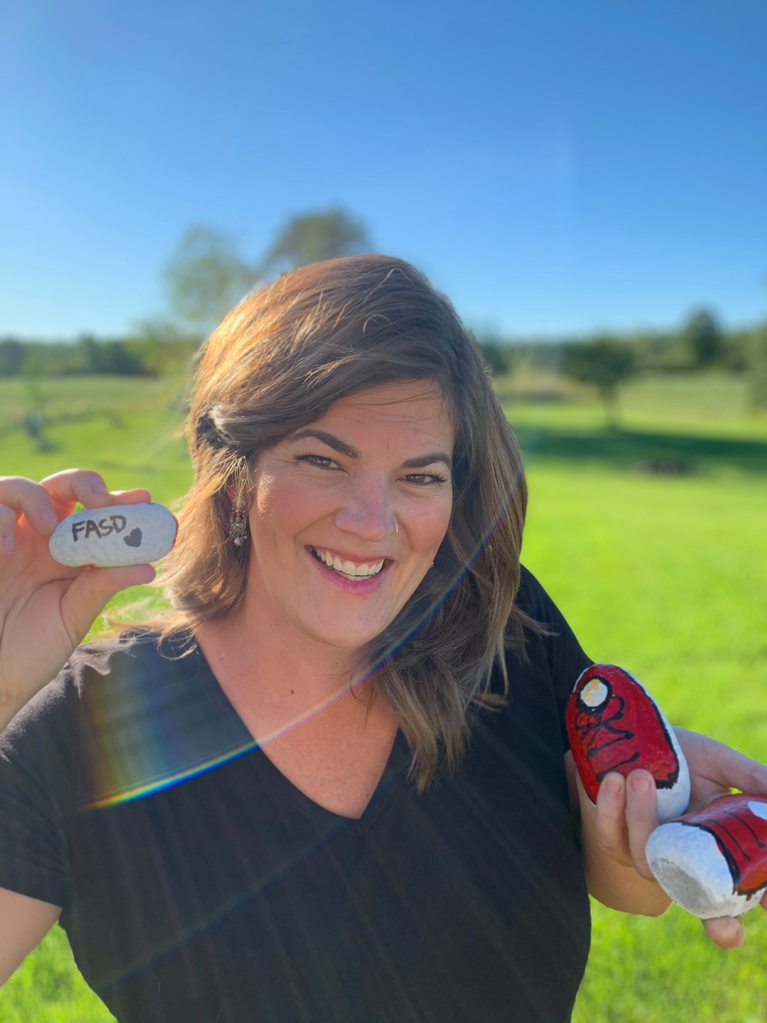
Victoria Gillan
Victoria Gillan has been an FASD worker since the program began in 2018 an is presently working as an FASD Worker with the Family and Children’s Services of Renfrew County. Victoria loves working along side individuals and their families, creating a lens of curiosity and understanding to make sense of neurodiversity, and how it impacts day to day life. Victoria affirms that the families she supports are strong, resilient and committed to increasing the awareness of FASD.
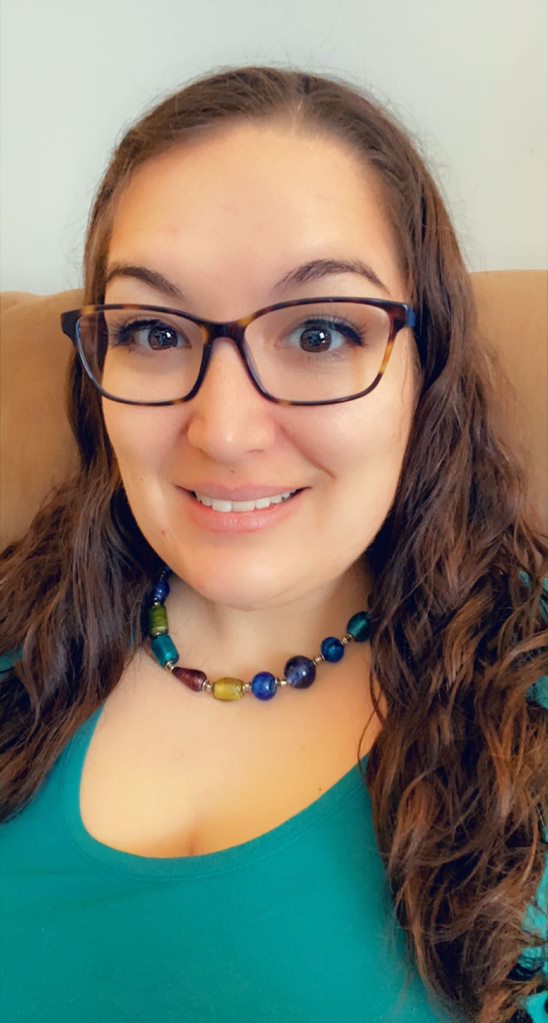
Liane Guenette
Liane Guenette has been an FASD worker since June 2018 and currently works at the Cochrane Temiskaming Children’s Treatment Centre. When asked what it is she likes about being an FASD worker and what her goals are as an FASD worker, Liane said “I enjoy seeing the ‘Ah-ha’ moments when caregivers and/or community members learn more about FASD and become more FASD Aware. My goal for the North is to have an FASD Diagnostic Clinic available within the Timmins region which would limit families having to travel outside their catchment area for diagnostic support services.”

Jennie Hilts
Jennie Hilts is an FASD Coordinator presently working with Dufferin Child and Family Services and comes from a background of Early Childhood Education, and behaviour interventions and support for children and families with FASD (diagnosed or confirmed) and / or developmental disability. Jennie loves helping and working in education within her region both professionally and personally about FASD. Furthermore, she has great hopes and goals to help create supports and services in the community and is especially passionate about spreading awareness, education and helping to eliminate stigma and misconceptions about FASD.

Tara Leskey
Tara Leskey works as an FASD Coordinator with Dufferin Child and Family Services and has been in this role since 2017. Tara enjoys supporting families and her hope is to continue to increase knowledge, understanding and capacity within Dufferin Wellington and Guelph regions.
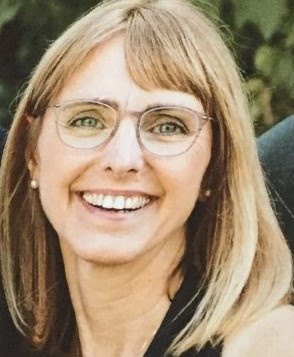
Ann Lindsay
Ann Lindsay has worked for over 30 years in the developmental disability sector in various capacities. In 2011 she joined Surrey Place Centre as a Service Coordinator in the Adult Program. In this role she provides case coordination to meet adult client needs in an attempt to enable the client living with developmental disabilities and their families to achieve their maximum potential and an enhanced quality of life. She is also the FASD Adult Diagnostic Clinic coordinator.
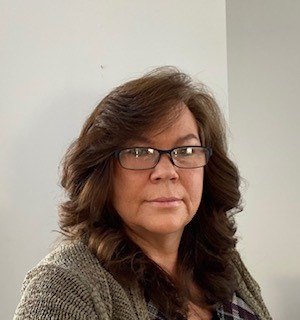
Linda McFadyen
Linda McFadyen is an FASD Coordinator with Contact Brant and has been an FASD worker since 2018 when the program was developed under the Special Needs Strategy. Contact Brant is also the lead for Coordinated Service Planning in Brant county. Linda enjoys working with families who are impacted by FASD and is continuously motivated by their strength and resilience when facing the struggles and challenges navigating the system and finding ways to support their children. Her goals include continuing to learn so that she can help families access supports, obtain a diagnosis and help them to understand how FASD impacts their child; as well as to work with community partners to increase awareness and build capacity in her community to gain a better overall understanding of FASD.
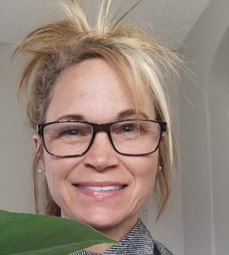
Dawn Miller
Dawn Miller presently works as an FASD Coordinator with Quinte Children’s Treatment Centre, Quinte Healthcare and has been an FASD worker since 2019. Dawn’s goals as an FASD are quite encouraging. She is determined to raise awareness about FASD being a highly invisible disability, shifting the lens from seeing individuals with FASD as having behavioral issues to really understanding that behaviors are the symptom of a brain-based disability. Building community capacity across several sectors that support children, youth and their families to ensure that they too are using an FASD researched, informed and strength’s based approach in providing services that will be meaningful, supportive, and appropriate is also a goal that Dawn aspires for within her FASD worker role.

Jenna Rimmer
Jenna developed an interest in FASD when she studied developmental disabilities in college. During her undergraduate studies, she furthered her knowledge and gained an understanding of the gaps in prevention and awareness of FASD in the community. As an FASD worker, she has been able to assist families in building self-advocacy, spread awareness in the community, and develop strength-based goals with families to ensure a positive and successful path for them and their loved ones with FASD. As she continues in her role, she hopes to assist in advocating for respite funds and developing resources needed for individuals with FASD and their families.

Cereena Rows
Cereena Rows is an FASD Consultant with Organization Children’s Community Network in Sudbury and has been an FASD worker since 2018. Cereena enjoys working with families as she learns so much from them; always amazed by their strengths and courage. She enjoys the capacity building component of her job and believes that the more other professionals understand about FASD the better the outcome will be for the children and families. Her goal as an FASD worker is for ongoing capacity building in regards to best practices for supporting individuals with FASD.
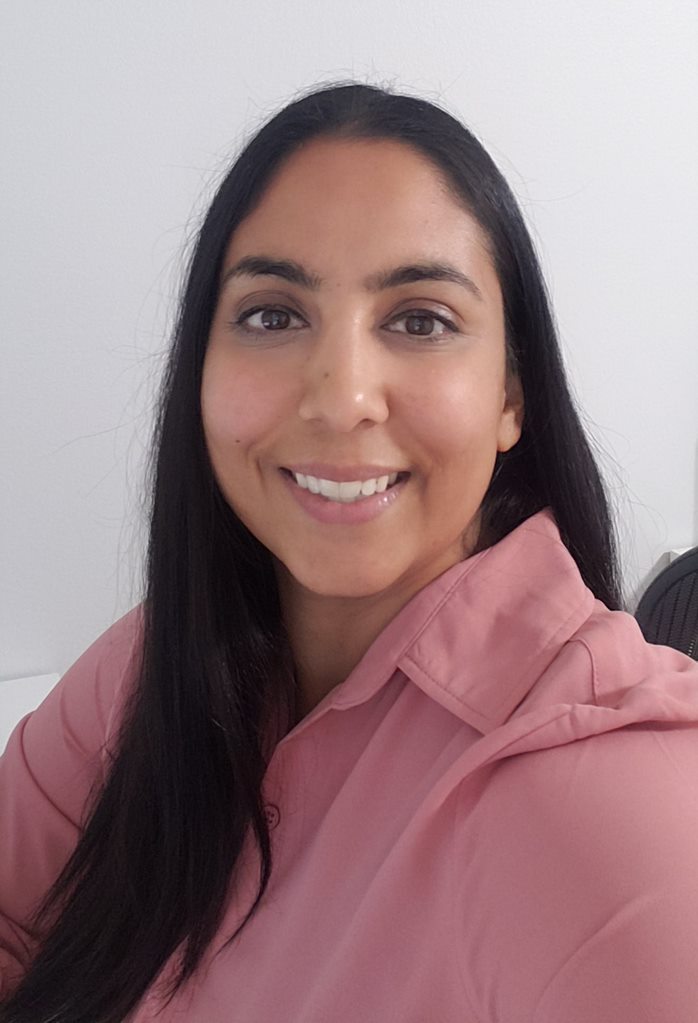
Meera Sidhu
Meera Sidhu has been an FASD worker for the past three years and currently serves the region of Peel working at ErinoakKids, Centre for Treatment and Development. For Meera, being an FASD worker provides a unique opportunity to support an under-represented and misunderstood population. She believes that families with children who have FASD require support and acknowledgement and that it is truly inspiring to work alongside the families in her region of Peel.
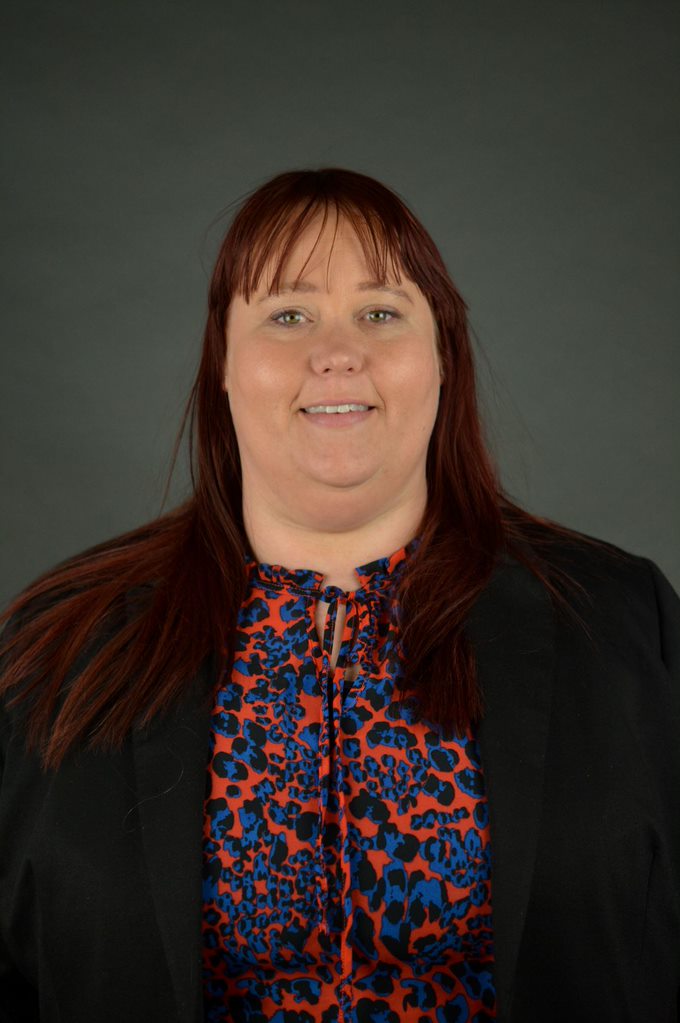
Kim Stewart
Kim Stewart is a New Beginnings FASD Coordinator with the Noojmowin Teg Health Centre. Kim has been an FASD worker since February 2019 but she embraces her experience which came from fostering children with neurodiversity including FASD. She likes the fact that everyday is different and complex, and that you never stop learning in this field. Her goal as an FASD Coordinator is to breakdown barriers, support and educate.

Julie Welch
Julie Welch is an FASD Service Coordinator for Huron-Perth and currently works with the Community Services Coordination Network (CSCN). She has been in this role for three years, helping families understand FASD, supporting families in navigating services and supports, educating community partners in FASD informed practice and promoting FASD awareness in our communities.

Randy White/Kebeyaawsung
Randy White is a bi-cultural clinician working with the Kenora Chiefs Advisory and Firefly. Randy has been an FASD worker for four years, working primarily with indigenous (Anishinaabe) families and clients who are served at the clinic. For Randy, the best part of his job is sharing Anishinaabe knowledge and experiences that he has acquired. He has found that young people are particularly interested in hearing the history, customs, language, ceremonies and Anishinaabe life perspectives.
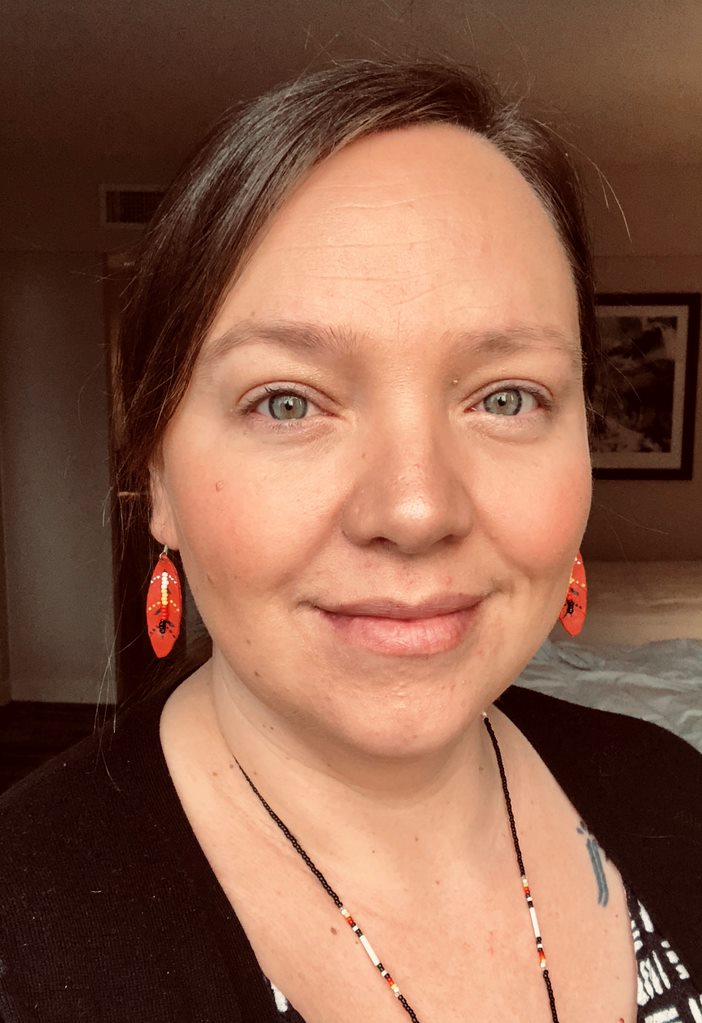
Chrysta Wood
Chrysta Wood started her role as an FASD worker in 2018 and works with Firefly, supporting children and families across the Kenora and Rainy River Districts. Chrysta meeting the children, youth and families that access the Northwestern Ontario FASD Diagnostic Clinic and the FASD Worker program. One of her goals in life is to always be open to learning.
Host Organization
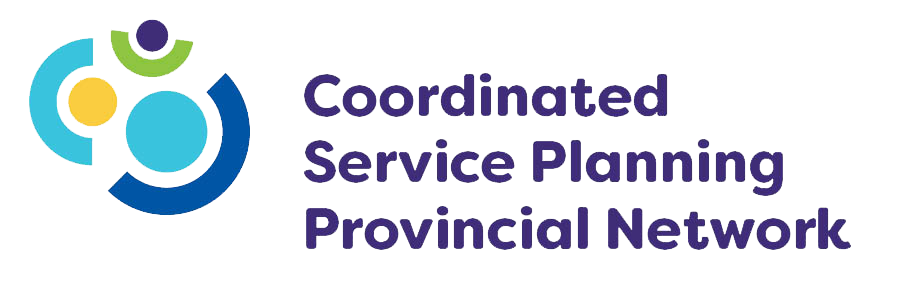
The Network comprises a consortium of 28 Coordinated Service Planning Lead Agencies from across 34 regions in Ontario. As sponsors for the workshop with funding from the Ministry of Children, Community and Social Services (MCCSS), the Network comes with extensive knowledge of FASD in terms of research, the provision of clinical and family support services and the delivery of the FASD Worker program.
Network Partners
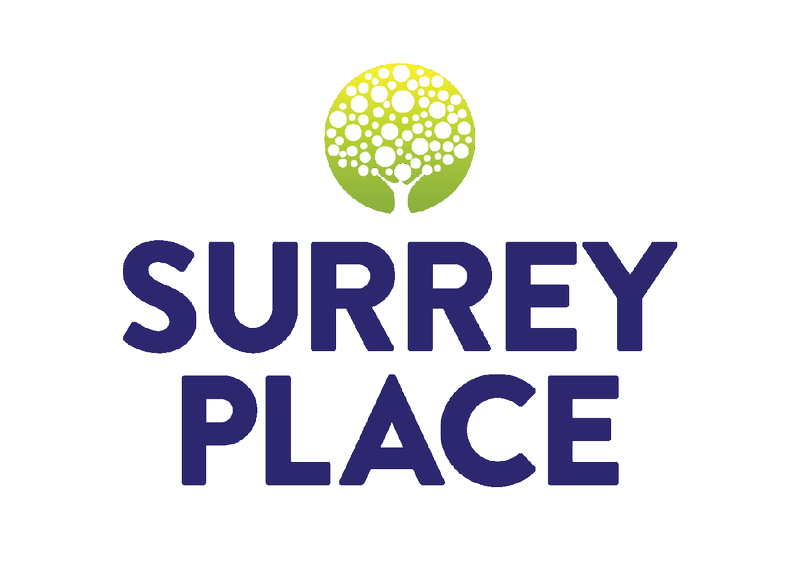
Surrey Place provides specialized clinical services to children and adults living with developmental disabilities, autism spectrum disorder and visual impairments. Surrey Place offers FASD services including diagnostic clinics to people of all ages.
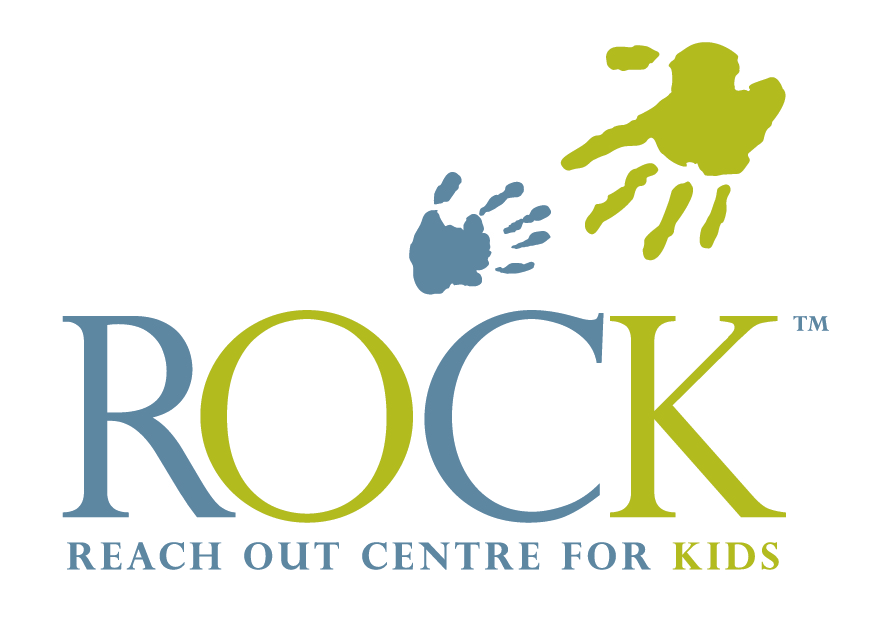
ROCK is the lead for the Halton FASD collaborative with a mandate to build awareness, identify and address gaps through the provision of a FASD diagnostic clinic, a multidisciplinary resource team and FASD support workers.
- Children’s Treatment Network of Simcoe York
- Dufferin Child and Family Services
- ErinoakKids
- Sunbeam Developmental Resource Centre
- CHEO-Ottawa Children’s Treatment Centre
- Family & Children’s Services of Renfrew County
- Five Counties Children’s Centre/HPCKL CSP Region
- KidsInclusive-Kingston Health Sciences Centre
- Quinte Children’s Treatment Centre
- Resources for Exceptional Children and Youth
- Children’s Centre Thunder Bay
- Children’s Community Network Sudbury
- Cochrane Timiskaming Children’s Treatment Centre
- FIREFLY
- Mushkegowuk-Moose Factory
- One Kids Place
- Thrive Child Development Centre
- Children’s Treatment Centre of Chatham Kent
- Community Services Coordination Network
- Contact Brant
- Contact Hamilton
- Haldimand-Norfolk R.E.A.C.H.
- Keystone Child, Youth & Family Services
- Hotel-Dieu Grace Healthcare
- Pathways Health Centre for Children
- Coordinated Access